Russia can absorb sanctions pain over Ukraine for longer term gain
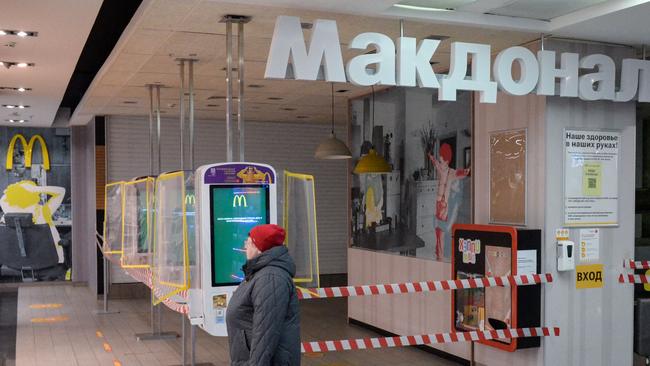
Right now, Russia appears the victor in this war. Costs to Russia may be higher than expected, but a complete accounting needs to factor the benefits. On a return-on-investment basis, Russia is on track for a big win.
The Ukraine war did not start in 2022. It started in 2014 with the annexation of Crimea. America and its allies were just not paying attention. Russia’s near costless annexation established the strategic and economic platform for this campaign.
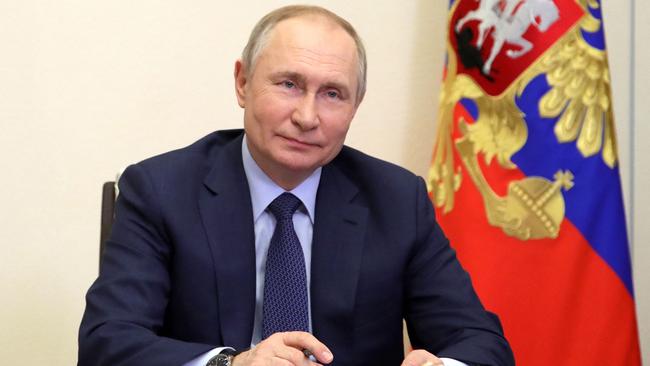
With Russia’s invasion of broader Ukraine, Vladimir Putin has provided a painful lesson in power politics. The Russian President has demonstrated that, in a world of international laws and norms, rules without enforcement are mere suggestions. As Thucydides documented, the arc of history does not actually bend to justice but rather to power.
The Russian economy may be suffering now but the longer-term prospects are not as bleak as suggested. On current trajectory, Russia will gain control of the Donetsk and Luhansk regions and gain a land bridge to Crimea. It will also likely capture much of the territory east of the Dnieper River. The remains of Ukraine will be effectively prohibited from NATO membership and will be an economic basket case.
Through this conflict, Putin has also placed a bet that the world will not decarbonise in the near term and has sought to acquire key carbon-based energy assets. The area bordered by the Dnieper River, the Black Sea and Russia is particularly attractive because this is where much of Ukraine’s energy resources and productive agricultural lands are.
The Dnieper-Donetsk Basin, in the northeast, is the primary producer of hydrocarbons in Ukraine and also has significant unconventional gas potential. The Gulf of Odesa and the Sea of Azov also have significant oil and gas reserves. Even if Russia is unable to exploit these assets in the near term, it will keep output from the market to inflate prices.
Ukraine is also the world’s fifth-largest wheat exporter (Australia is sixth) with much of the wheat grown in the area east of the Dnieper and exported to China and Europe. Russia’s conquest would add significant economic assets to its economy. For all the talk of sanctions, Putin has watched Russia continue to bank more than $US1.1bn every day from EU energy purchases. He has also watched the leadership in Pyongyang, Havana, Tehran, and Caracas maintain power and personal prosperity under long-term sanctions regimes.
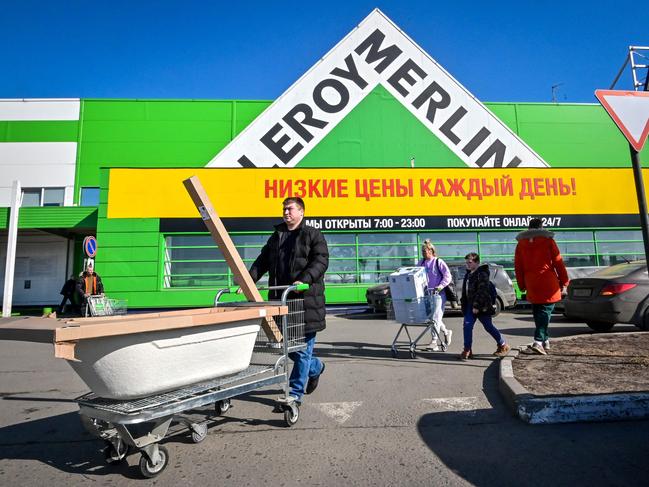
More importantly, Putin has watched America and the West cuddle up to global pariahs in Iran and Venezuela, incentivising them to increase oil production to limit global price increases. The lesson? Sanctions can be weathered and, come the next geostrategic shock, will be up for negotiation so as to place downward pressure on energy prices.
Putin’s invasion of Ukraine will also weaken Western Europe. Europe will likely channel billions of dollars to reconstruct and economically support what remains of Ukraine, and millions of Ukrainian refugees will need to be absorbed. Further billions will need to be spent on defence and on energy investments to reduce dependence on Russian energy imports. This will place a significant long-term economic drag on Europe.
Meanwhile, even if Europe can wean itself off Russian energy in the short term, these are fungible commodities likely to find welcoming customers in China and India. In 1862, Otto von Bismarck said: “The great questions of the time will not be resolved by speeches and majority decisions … but by iron and blood.” Putin has reminded the US and its allies the great questions of our time will also not be resolved by sanctions, particularly when sanctions regimes are provisional and porous.
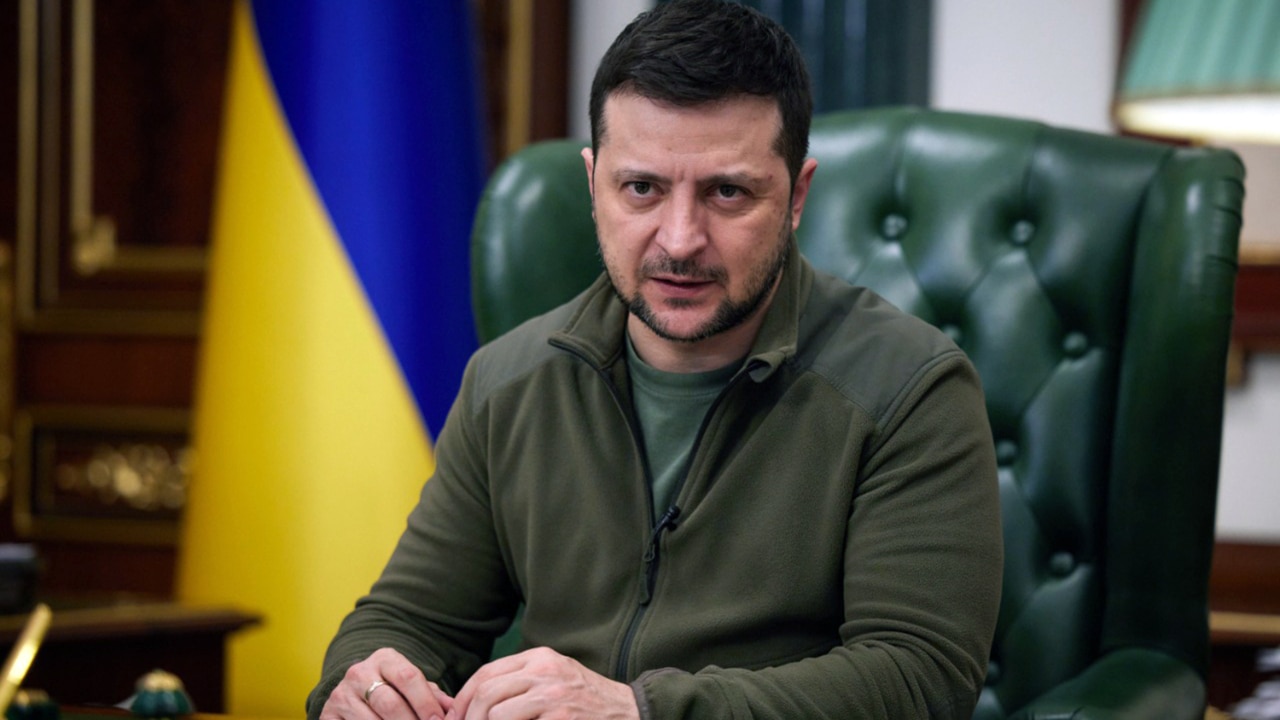
The parallels between Ukraine and Australia are striking as both are significant energy and grain exporters. Additionally, under the 1994 Budapest Memorandum, the US and UK were to provide assistance to Ukraine were it to become victim of an act of aggression. This is similar to the support Australia would expect under AUKUS and ANZUS.
At the same time, China is investing significantly into force projection capabilities. This, coupled with the recently announced proposal to establish a Chinese military base in the Solomon Islands, leaves Australia looking increasingly exposed.
Military strategists observe that deterrence is capability multiplied by will. No amount of will can compensate for an absence of capability. Spending 2 per cent or more of Australia’s GDP on defence is not a development of capability; it is accounting. The sums already sunk on the French submarine project and other failed equipment procurements no doubt counted towards a spending target but did not lead to sustained capability.
Wars are fought for many reasons, with the acquisition of resources a common one. Nazi Germany’s Operation Barbarossa sought to conquer much of the area of what is now Ukraine in large part to acquire oil reserves and agricultural resources.
Russia’s Ukrainian invasion will be studied closely by America’s friends and foes. For Australia, a nation with significant hard and soft commodity resources, this should be a loud wake-up call as we enter the most dangerous period in recent history. Germany may have ultimately lost the war, but Russia lost 27 million lives in the process of defending its territory.
As the saying goes, if we don’t change our direction, we will end up where we are headed. And this is not a very attractive destination.
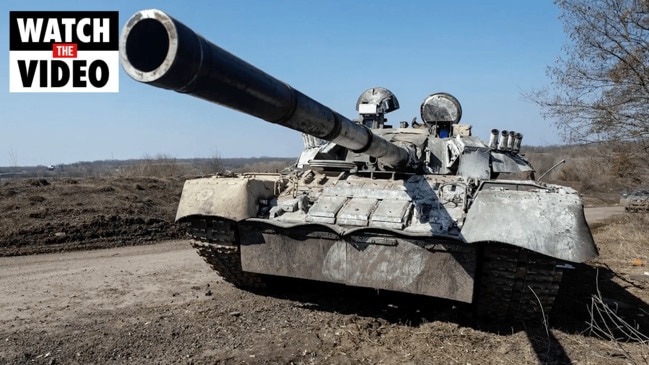
Dimitri Burshtein is a Sydney-based former government policy analyst who has worked in Asian commodity financial markets.

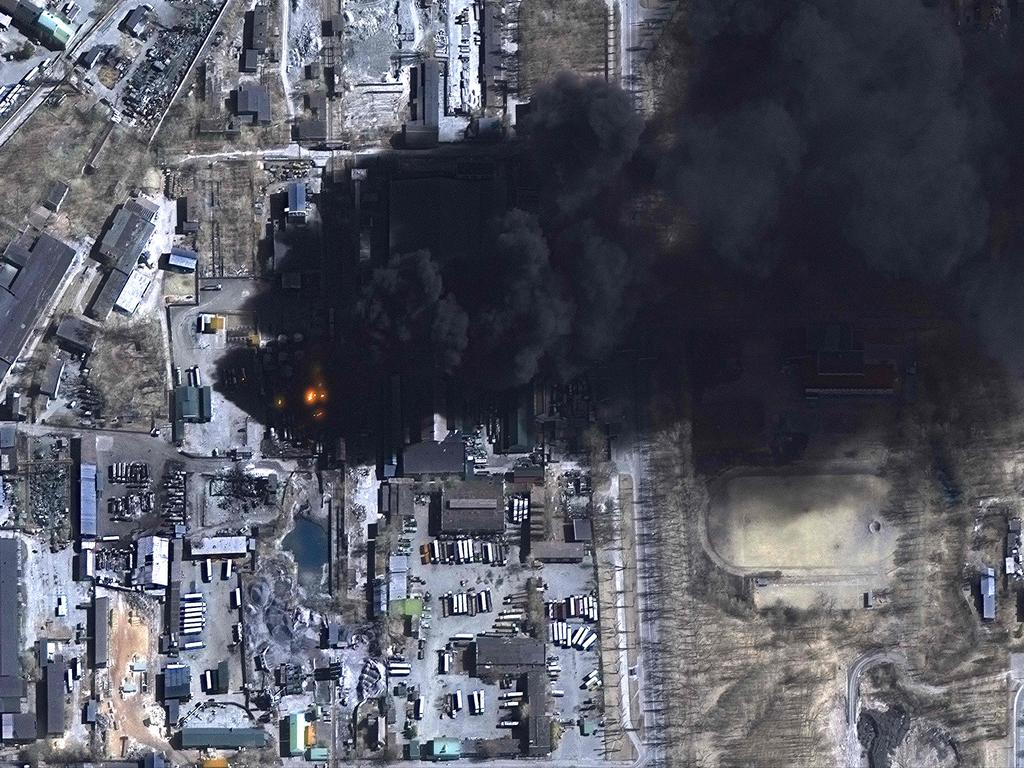
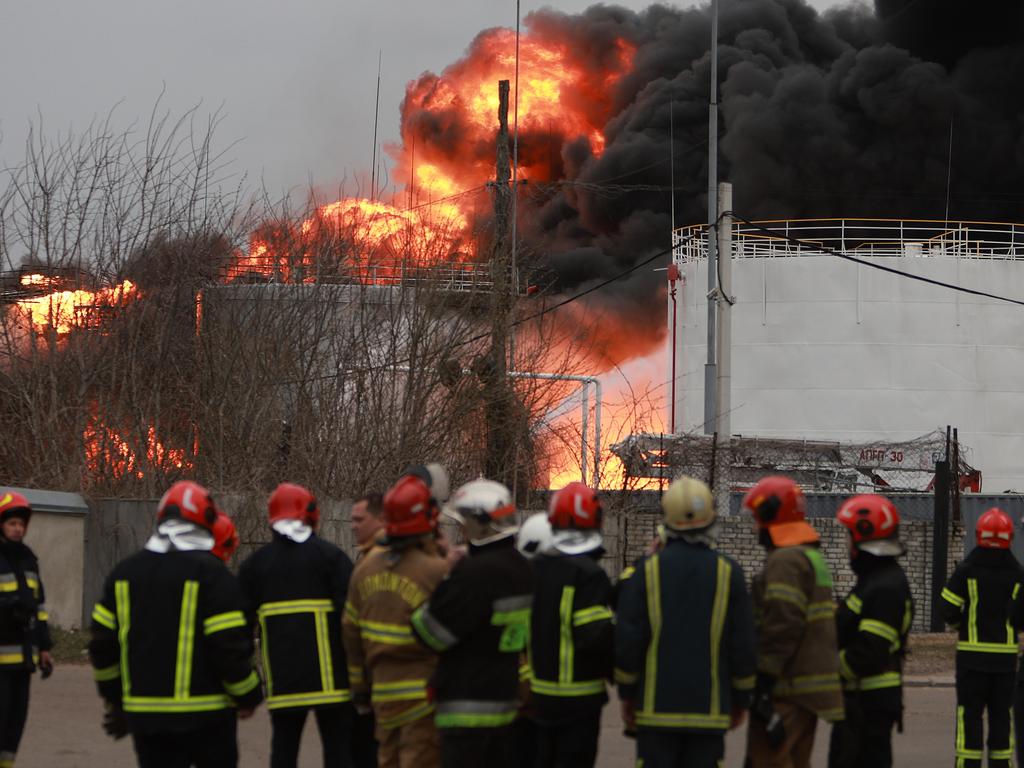
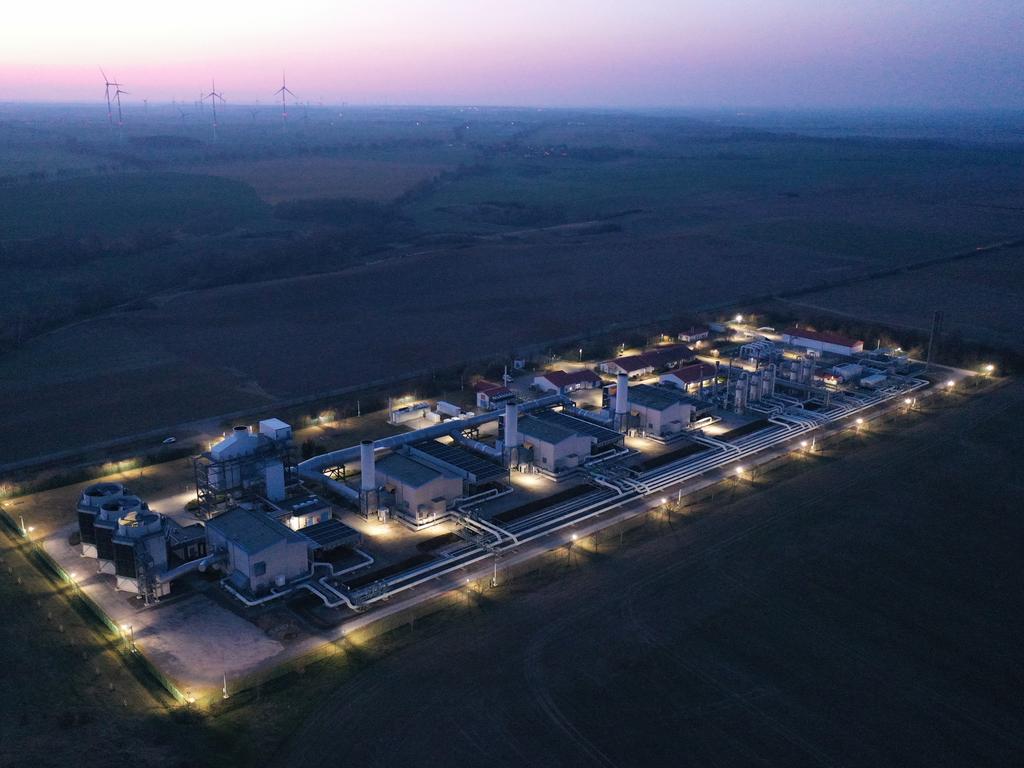
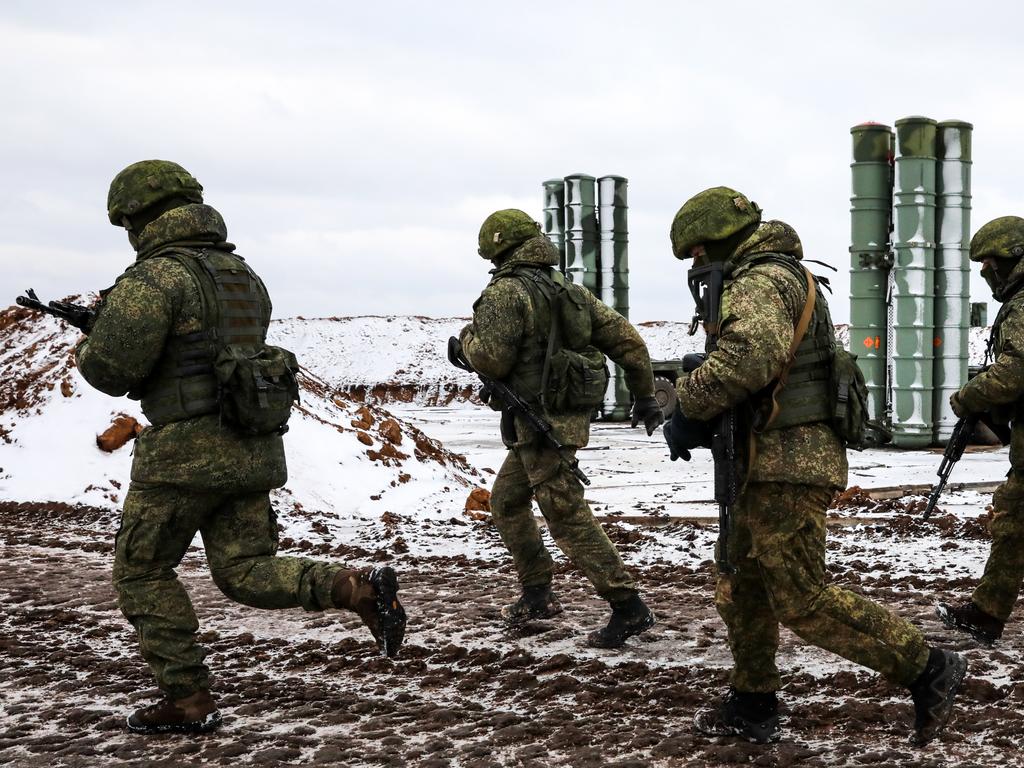


There have been many celebratory comments about the effectiveness of the Ukrainian military and the costs to Russia from its recent invasion of Ukraine. The loss of Russian military lives and the underperformance of its military. The damage to its economy. However, the only place Ukraine is winning this war is in distant salons and Twitter. Russia continues to advance and Ukrainian citizens continue to be killed and cities destroyed.